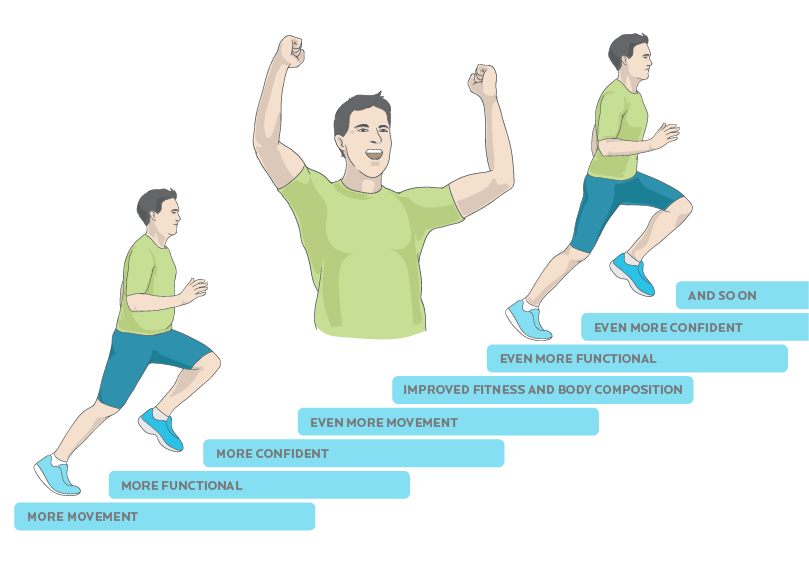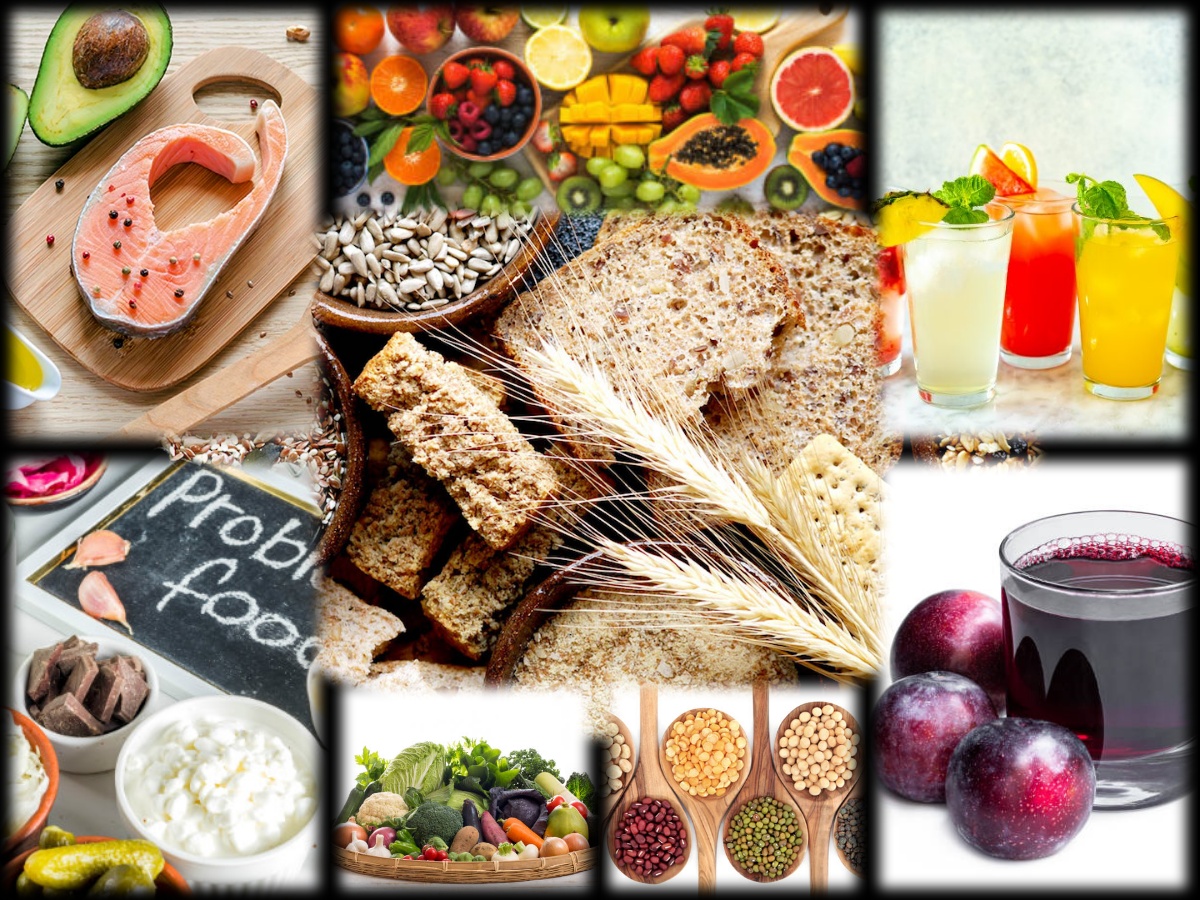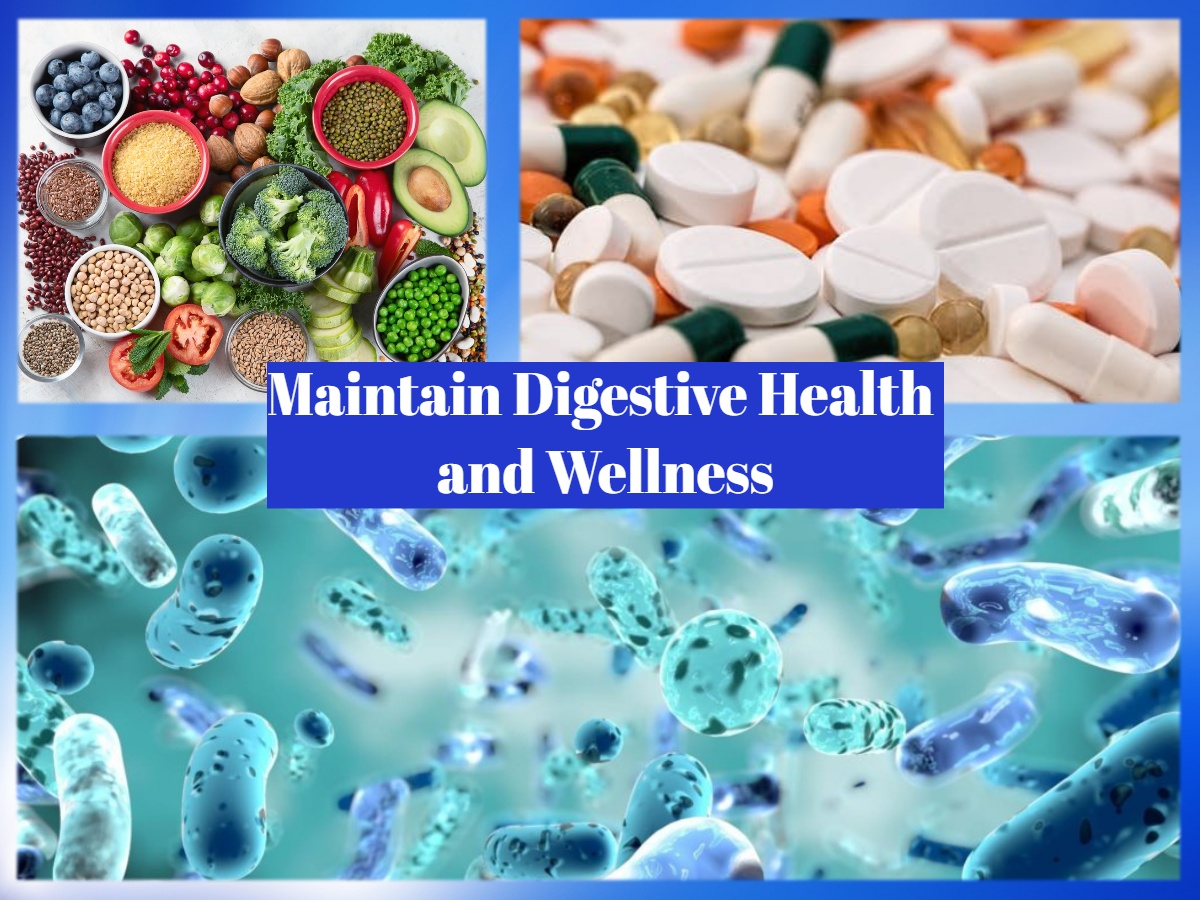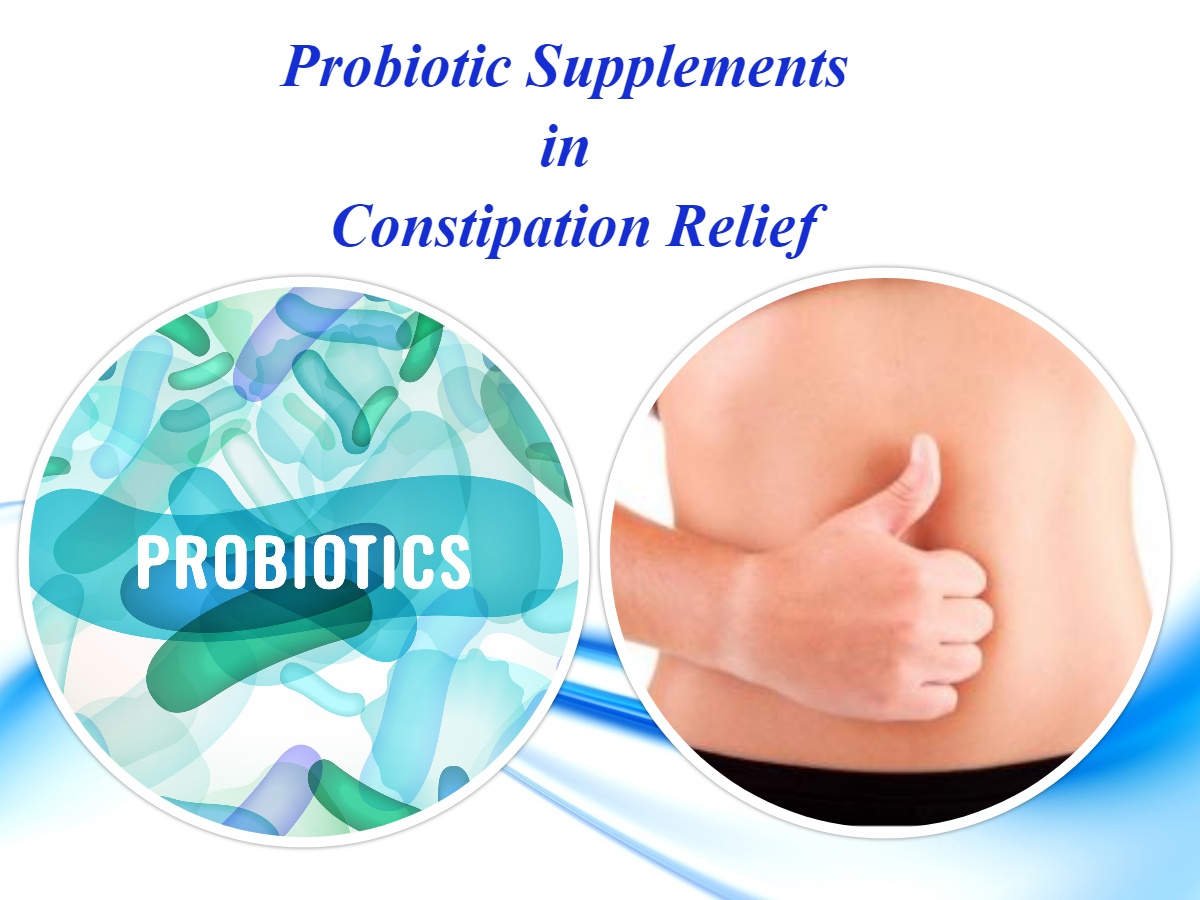Discover effective and simple daily habits to achieve freedom from constipation. Learn how dietary changes, hydration, and exercise can provide immediate relief and improve your digestive health. Start your journey towards a constipation-free life today!
Table of Contents
Introduction to Constipation
Constipation is a common condition characterized by infrequent or difficult bowel movements, often resulting from factors like a low-fiber diet, inadequate hydration, and insufficient physical activity. It can cause discomfort and affect an individual’s quality of life. Understanding and addressing the causes of constipation through dietary changes, proper hydration, and regular exercise can help alleviate symptoms and promote digestive health.
Understanding the Causes
Constipation’s root causes are varied, often stemming from lifestyle choices and physical conditions. Primarily, a diet lacking in fiber is a major culprit, as fiber helps bulk up stool and facilitates its passage through the intestines. Inadequate water intake leads to harder, drier stools that are difficult to pass. Furthermore, a sedentary lifestyle contributes to constipation by decreasing bowel motility. Stress and certain medications can also disrupt normal bowel function. Understanding these factors is crucial for effectively managing and preventing constipation.
Simple Dietary Changes
To combat constipation effectively, integrating specific dietary modifications can significantly enhance bowel regularity and overall digestive health. Here’s a more detailed approach:
- Increase Fiber Intake: Aiming for 25 to 30 grams of fiber per day can greatly improve constipation. Fiber works by absorbing water, which increases stool bulk and softens it, facilitating a smoother passage through the colon. Sources of high fiber include:
- Fruits: Apples (with skin), berries, oranges, and pears offer a good fiber punch.
- Vegetables: Leafy greens, broccoli, carrots, and squash are excellent choices.
- Whole Grains: Options like oats, whole wheat bread, barley, and brown rice are beneficial.
- Legumes: Beans, lentils, and chickpeas are not only fiber-rich but also packed with nutrients.
- Incorporate Probiotics: Probiotics help balance the gut microbiota, which is essential for healthy digestion. A gut with a healthy balance of bacteria is better at processing food and eliminating waste. Probiotic-rich foods include:
- Yogurt: Look for labels indicating “live and active cultures.”
- Fermented Foods: Sauerkraut, kimchi, miso, and kefir are excellent sources of probiotics.
- Hydration is Key: Drinking enough water is critical in preventing and treating constipation. Water helps soften the stool, making it easier to pass. The recommended intake varies, but aiming for about 8-10 glasses a day is a good rule of thumb. Additionally, certain fluids can further aid in hydration and stimulate digestion, such as:
- Warm Liquids: Warm water or herbal teas in the morning can help stimulate bowel movements.
- Limit Dehydrating Drinks: Minimizing intake of caffeine and alcoholic beverages can prevent them from pulling water out of the stool, which makes it harder and more difficult to pass.
- Mindful Eating Habits: Eating regular, balanced meals can also support digestive health. Taking time to chew food thoroughly and not rushing meals encourages better digestion and absorption.
By adopting these dietary changes, not only can you alleviate symptoms of constipation, but you can also improve your overall digestive health and well-being. It’s important to introduce changes gradually and monitor how your body responds to these adjustments.
The Importance of Hydration
Hydration plays a crucial role in maintaining digestive health and preventing constipation. Water softens stool, making it easier to pass through the intestines. When the body is dehydrated, the colon absorbs more water from food waste, leading to harder and drier stools that are difficult to pass. Adequate fluid intake ensures the digestive system operates smoothly, facilitating regular bowel movements.
Recommended Daily Water Intake: While individual needs vary, the general recommendation is about 8-10 glasses (around 2 liters) of water per day. Factors like activity level, climate, and overall health can influence how much water one should drink.
Types of Fluids for Hydration: While water is the best choice for staying hydrated, other fluids can contribute to your daily intake. Herbal teas and clear broths are good options, providing hydration without caffeine, which can be dehydrating. However, it’s essential to moderate the intake of beverages high in caffeine, sugar, and alcohol, as they can lead to dehydration.
Signs of Dehydration: Recognizing the signs of dehydration can help prevent constipation. Common indicators include thirst, dark-colored urine, fatigue, and dizziness. Staying ahead of these signs by drinking fluids regularly throughout the day is key.
Hydration for Digestive Health: Beyond preventing constipation, proper hydration supports overall digestive function. It aids in nutrient absorption, digestion, and the elimination of waste and toxins from the body.
In summary, maintaining good hydration is a simple yet effective way to promote digestive health and prevent constipation. Ensuring regular fluid intake, choosing hydrating beverages, and being mindful of dehydration signs can significantly impact your well-being.
Exercise for Digestive Health
Exercise is a vital component in promoting digestive health and preventing constipation. Regular physical activity helps stimulate intestinal movements, known as peristalsis, which are crucial for moving stools through the digestive tract. Here’s how incorporating exercise can benefit digestive health:
- Stimulates Bowel Movements: Physical activity increases blood flow and muscular activity in the intestines, enhancing the body’s ability to process and eliminate waste. Even moderate exercise, such as walking, can significantly improve bowel regularity.
- Types of Beneficial Exercise:
- Aerobic Activities: Activities like walking, jogging, swimming, and cycling can increase heart rate and stimulate the intestines.
- Strength Training: Incorporating light to moderate strength training helps improve overall body composition and metabolic rate, which can positively affect digestive processes.
- Yoga and Pilates: These forms of exercise incorporate poses and stretches that specifically target the abdominal area, potentially aiding in the elimination process.
- Routine Building: Establishing a consistent exercise routine is key. Aim for at least 150 minutes of moderate aerobic activity or 75 minutes of vigorous activity each week, as recommended by health authorities. Consistency in physical activity not only aids digestion but also contributes to overall health and well-being.
- Exercise and Hydration: Staying hydrated is especially important when exercising. Adequate fluid intake before, during, and after physical activity ensures that the body remains hydrated, supporting digestive processes and preventing constipation.
- Listening to Your Body: It’s important to choose exercises that fit your current fitness level and health status. Overexertion can lead to negative outcomes, so start slow and gradually increase intensity as your body adapts.
Incorporating regular exercise into your daily routine can have profound effects on your digestive health, helping to prevent constipation and improve overall well-being. Alongside dietary changes and proper hydration, physical activity is a cornerstone of maintaining a healthy digestive system.
When to Seek Medical Advice
Seeking medical advice for constipation is important when you notice persistent symptoms that do not improve with lifestyle changes or when you experience signs indicating more serious underlying conditions. Here are key instances when consulting a healthcare professional is advised:
- Persistent or Severe Constipation: If constipation lasts for more than three weeks, or if symptoms are severe and unrelieved by over-the-counter treatments, dietary changes, and increased physical activity.
- Blood in Stool: The presence of blood in your stool could indicate hemorrhoids or more serious conditions such as colorectal cancer. It’s essential to get this symptom evaluated promptly.
- Unexplained Weight Loss: Losing weight without trying can be a sign of various health issues, including digestive disorders.
- Severe Pain: If you experience severe abdominal pain or discomfort when attempting to have a bowel movement, it’s crucial to seek medical attention.
- Changes in Bowel Movements: Sudden changes in the frequency, consistency, or ease of bowel movements that persist could indicate underlying health problems.
- Symptoms of Obstruction: Symptoms such as vomiting, inability to pass gas, and severe abdominal cramping may indicate a bowel obstruction, a serious condition requiring immediate medical attention.
- Impact on Daily Life: If constipation significantly affects your quality of life, causes distress, or interferes with daily activities, professional guidance can help identify and treat the cause.
A healthcare provider can offer a thorough evaluation, recommend diagnostic tests if necessary, and provide tailored advice and treatment options. In some cases, referral to a gastroenterologist, a specialist in digestive disorders, may be warranted. Seeking timely medical advice ensures proper management of constipation and helps prevent potential complications.
Daily Habits for Prevention
Preventing constipation largely revolves around adopting healthy daily habits that promote regular bowel movements and overall digestive health. Here are essential practices to integrate into your routine:
- Maintain a High-Fiber Diet: Consuming a variety of fiber-rich foods such as fruits, vegetables, whole grains, and legumes can help increase stool bulk and facilitate easier passage through the digestive system.
- Stay Hydrated: Drinking plenty of fluids, especially water, keeps the stool soft and easier to pass. Aim for at least 8 glasses a day or more based on your activity level and climate.
- Regular Exercise: Engage in physical activity regularly to stimulate intestinal movements. Even 30 minutes of moderate exercise, such as walking, swimming, or cycling, can have a significant impact.
- Establish a Routine: Try to go to the bathroom at the same time each day, ideally after a meal, to take advantage of the body’s natural digestive rhythms. Don’t ignore the urge to have a bowel movement, as delaying can cause stool to become harder and more difficult to pass.
- Mindful Eating: Eat slowly and chew your food thoroughly to aid digestion and absorption. Smaller, more frequent meals may also help maintain regular bowel movements.
- Limit Intake of Constipating Foods: Some foods can exacerbate constipation for certain individuals. These might include dairy products, processed foods, and high-fat or sugary snacks. Limiting or avoiding these foods can help prevent constipation.
- Manage Stress: Chronic stress can negatively affect your digestive system. Techniques such as deep breathing, yoga, meditation, or any activity that reduces stress can improve bowel function.
- Review Medications: Some medications, including painkillers, antacids, and certain blood pressure treatments, can cause constipation as a side effect. If you suspect your medication is affecting your bowel habits, consult with a healthcare provider for alternatives or adjustments.
By incorporating these habits into your daily life, you can significantly reduce the risk of constipation and promote a healthier, more active digestive system. Remember, individual responses to these practices may vary, so it’s important to listen to your body and adjust accordingly.
Conclusion
Achieving freedom from constipation involves simple yet impactful lifestyle changes. By understanding the causes and implementing dietary adjustments, staying hydrated, exercising, and managing stress, you can enjoy daily relief and improved digestive health. Remember, persistent issues should prompt a consultation with a healthcare provider.
FAQs
- What foods are high in fiber for constipation relief? Whole grains, fruits, vegetables, and legumes are excellent sources of fiber.
- How much water should I drink to prevent constipation? Aim for at least 8-10 glasses per day, but individual needs may vary.
- Can stress cause constipation? Yes, stress impacts digestive health and can lead to constipation.
- Is it necessary to exercise every day for bowel health? Regular, moderate exercise is beneficial, but even a few times a week can make a difference.
- When should I see a doctor for constipation? If constipation is persistent, accompanied by pain, or if you notice blood in your stool, seek medical advice.









